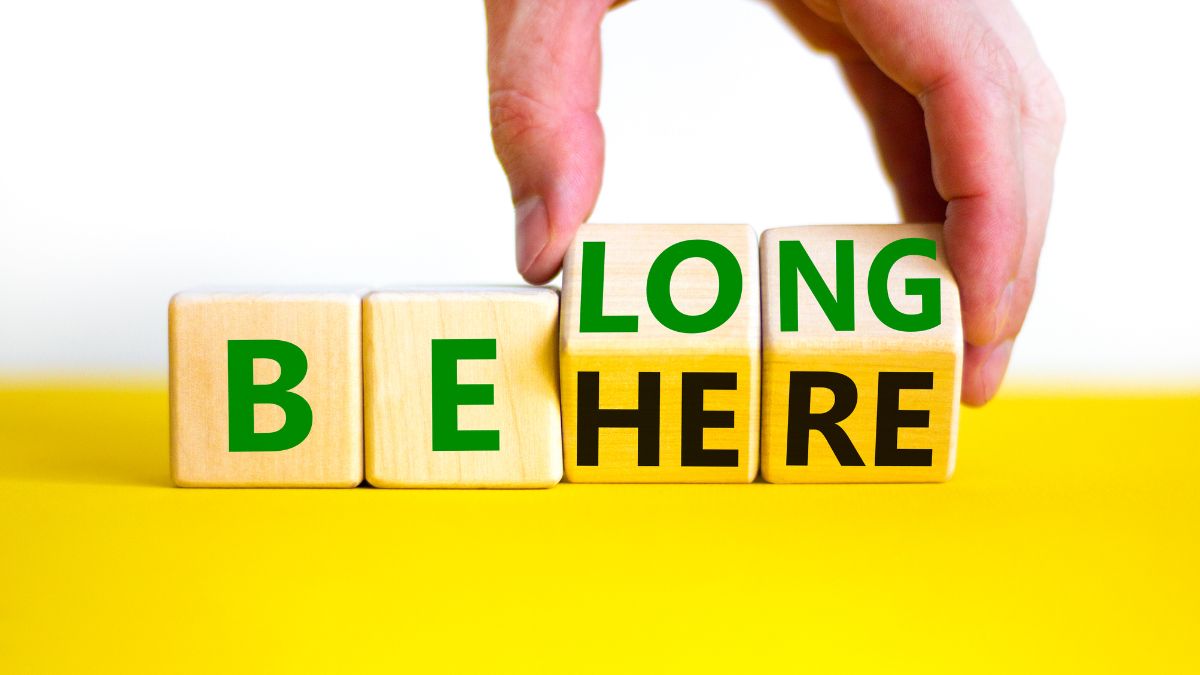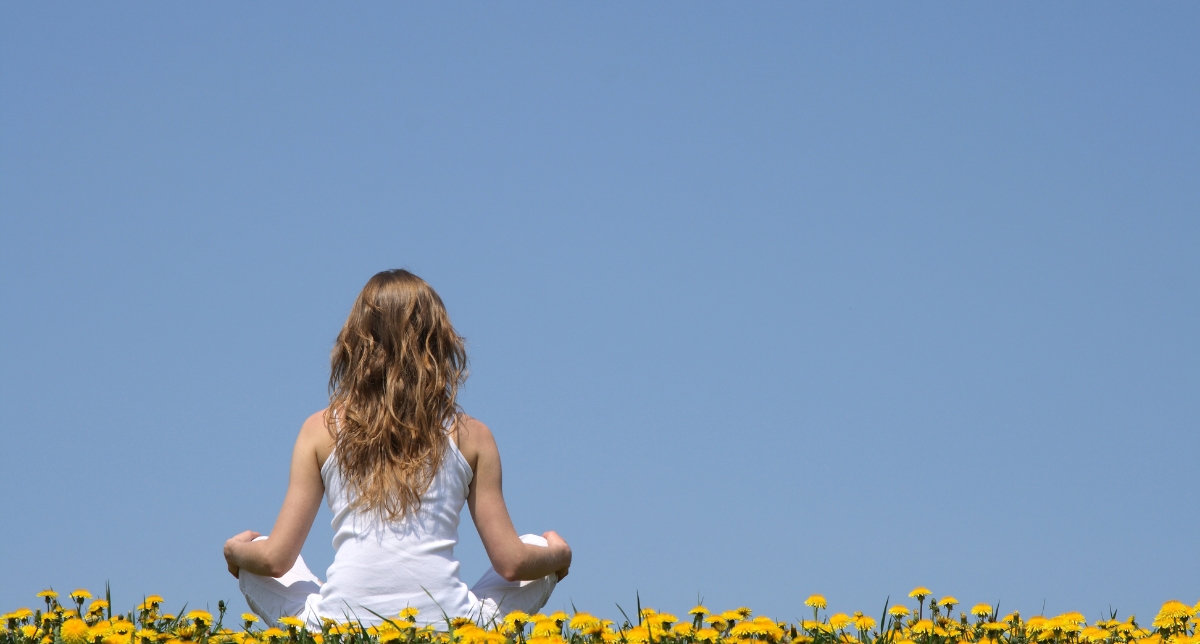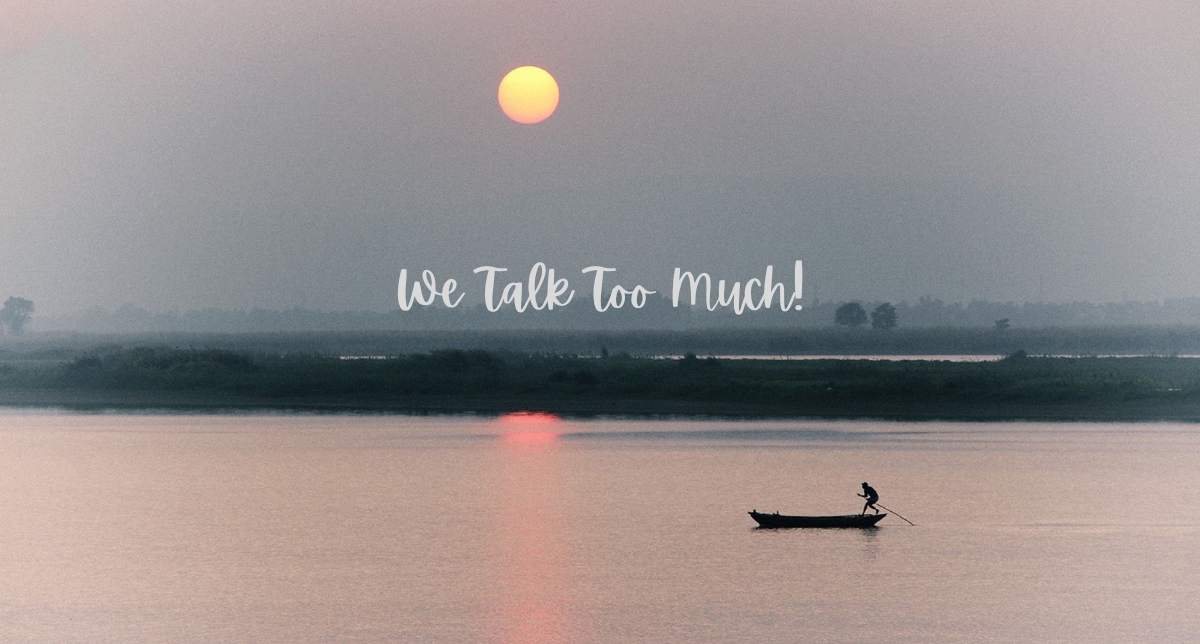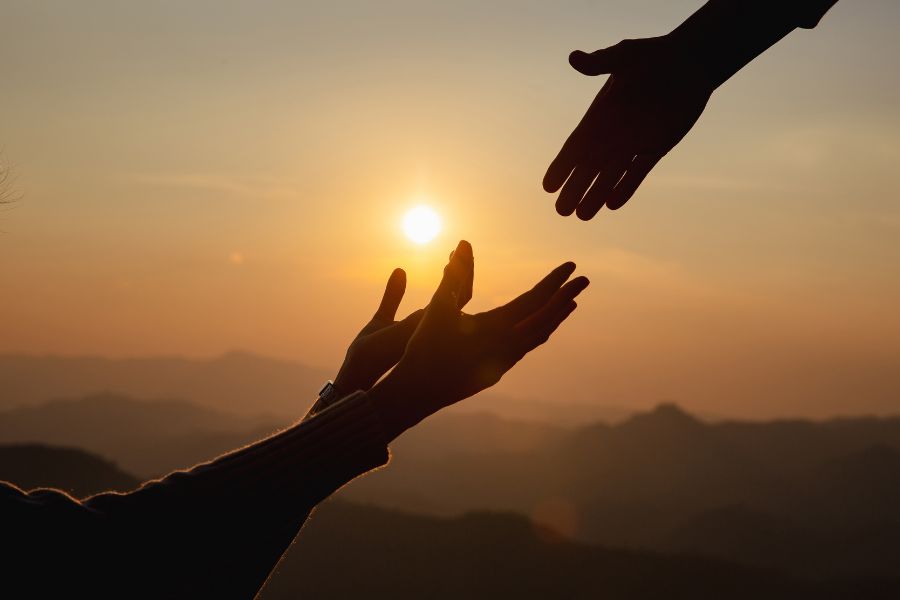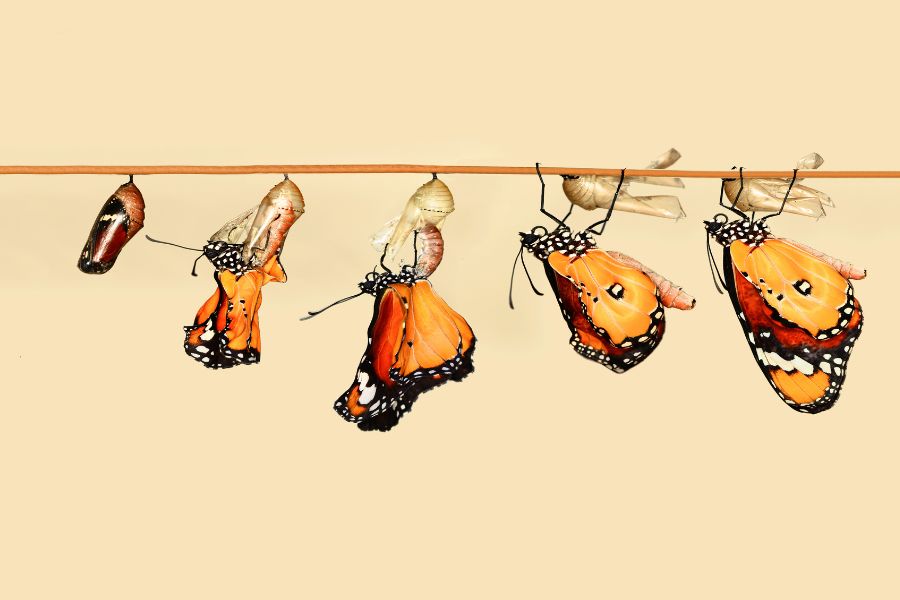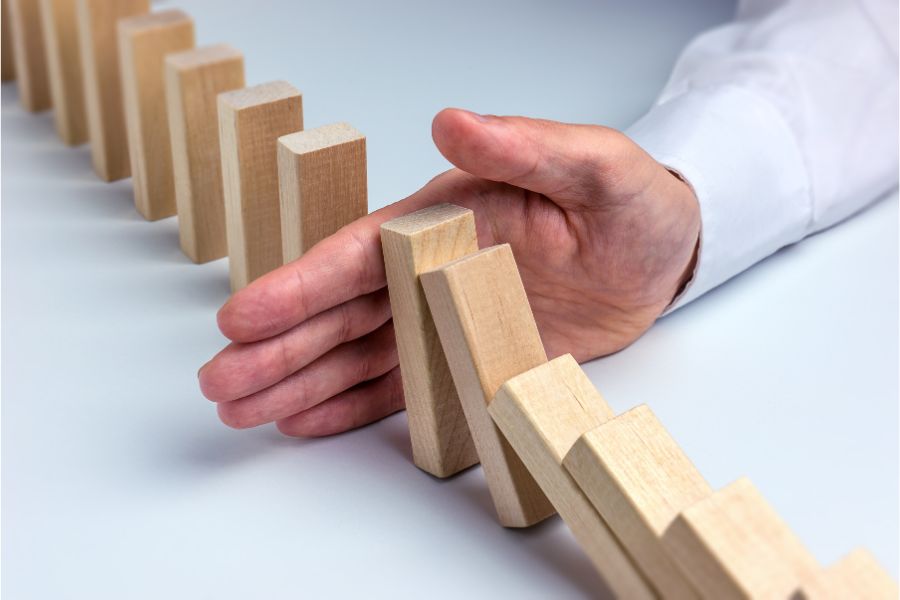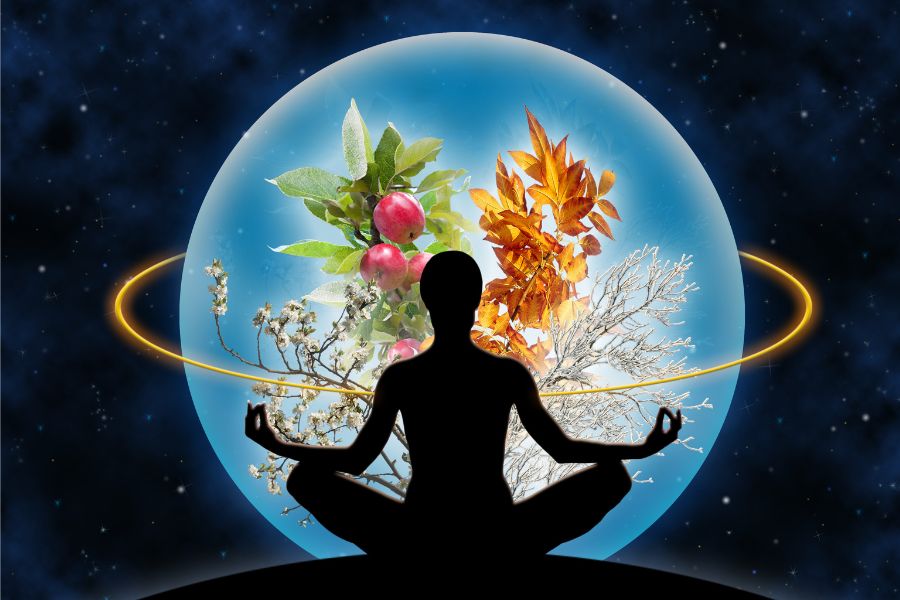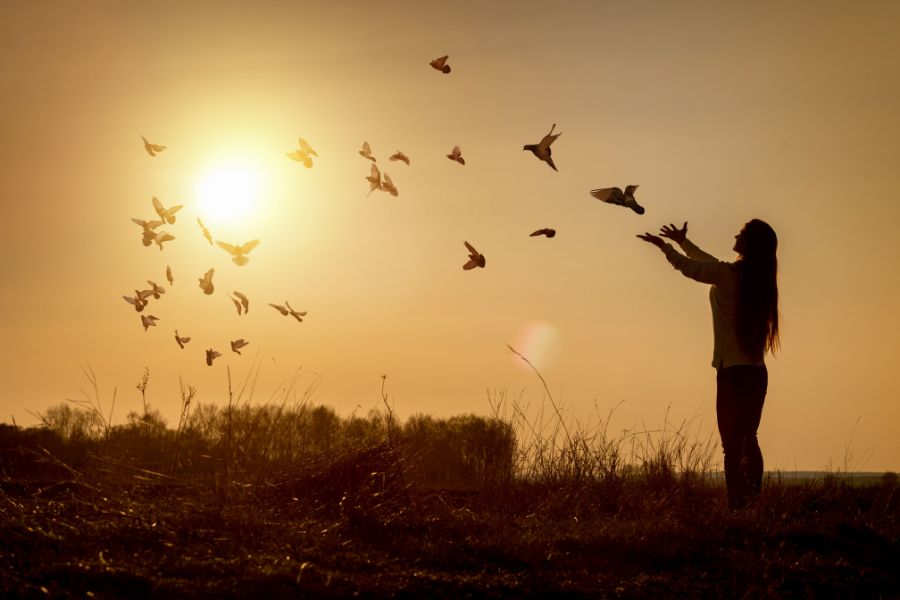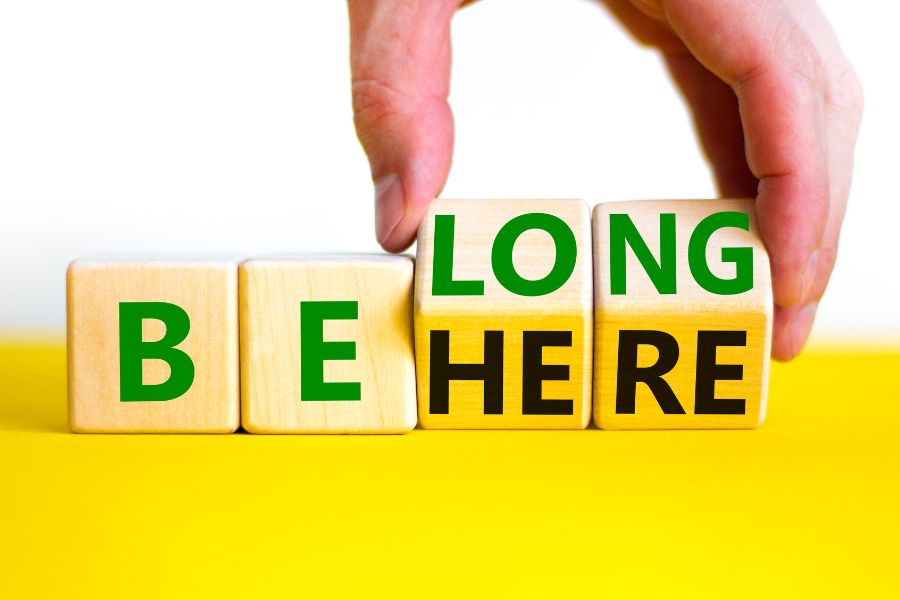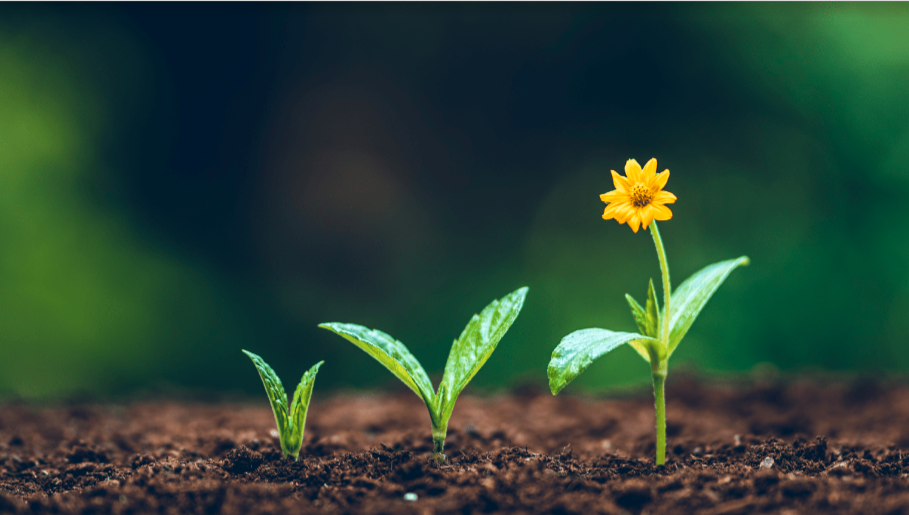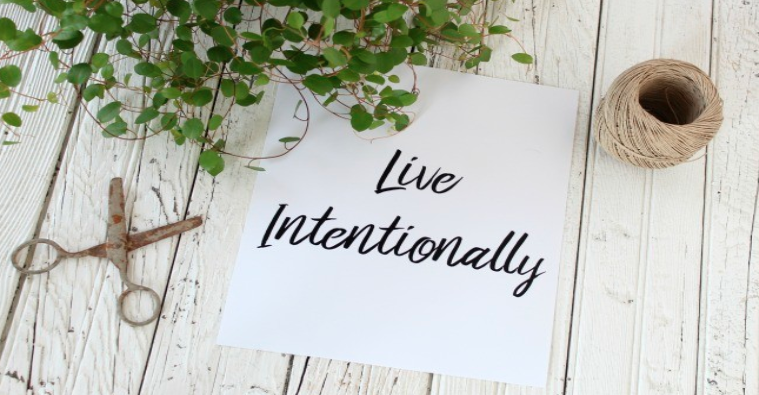Why do humans always need to be hit by something to realise it? The news needs a big boom for us to recognise the ultimate truth of the world. Realisations are brutal and devastating sometimes, but they are mostly a good sign. They help us understand the direction our path is leading us in and try to make sense of whether it is correct.
One such realisation struck the European government in 2003. Their interest was piqued after a sudden rise in their death rates, which pulled their attention to the adverse consequences of loneliness. A study claims more than 40,000, mainly older adults, passed in the summer of 2003. Most able and physically well-to-do elders who were unsupported passed on as compared to the frail elders residing in several institutions. This phenomenon caught the government’s attention, acknowledging the disease of loneliness among elders and society’s treatment of them.
These elders passed on with the feeling of not belonging in their community, as many do. For most people, not being in a company is more familiar than being socially connected. Human beings are, by nature, social beings. This has been talked about millions of times; the lack of this social connection makes them feel vulnerable. Social rejection and isolation can be a result of economic, gender and religious factors. This especially holds true for indigenous tribes living in the West.
This is not true for all of us. Ordinary men like you and me do not face any kind of violence on a daily basis, but we might generally feel “out of place” or disconnected and isolated from our peer groups and colleagues. There is a possibility that the communication bridge between us and the people around us has increased.
While such situations can make us feel disappointed and lonely, we have tremendous potential to improve this situation. Feeling disconnected can be devastating, but we can always form the interpersonal connections we long for. That best friend you always wanted to share a reel with? You can always find her, That guy you wanted to ask for coffee. Oh, please do; it’s alright if he declines.
Building harmonious relations is rooted deep within our biology, and there is no way that you cannot do it. Trust yourself and your ability to form relationships. The want and desire have to begin with you. And the strategies you need—I have them all.
Over the last couple of years, I have curated my toolbox. I won’t share it with you because you must make your own. Every circumstance in our lives can be won over if we know the tools and how they are supposed to be used. Allow me to introduce you to some of them.
Tool 1: Seek a therapist:
Our mental fight against loneliness can be a tough one and emotionally exhausting. Having a trusted person by our side can help us tremendously; a professional is just the icing on the cake we need. Connecting with a therapist is essential for us. This process will make us realise our deepest feelings and desires, accept them and motivate us to work on them, thereby fostering an improved relationship with, first and foremost, ourselves. And then we begin with others.
Tool 2: Rapport Formation:
Gabriel Angelo’s book Rapport: The Art of Connecting with People and Building Relations reveals the secret ingredient of building social connections. This technique is quite prevalent among psychologists when conducting an experiment. Rapport formation is considered to be the most essential part of any assessment. This includes forming a positive and emotional connection with others. Sometimes, you just feel a click, while other times, it takes a week, probably a month. Both parties are exuberant in their efforts to connect here.
Tool 3: Be Vulnerable:
The most successful relationships are nurtured under the careful care of vulnerability. Being vulnerable and emotionally open opens up doors for communication and increases the room for growth. Here, both parties get involved in a mutual relationship of understanding and empathy. Thereby forming a cordial relationship.
Tool 4: Find People Who Are Willing To Connect:
We must remember that the most significant task at hand is to find people who are willing to open up to us and reciprocate the feelings and respect we give them. All this exchange should take place consensually where neither one feels burdened or forced. The person should be open to receiving and providing the relationship we desire and want to develop with them. Our time is better invested with people who respect and understand our efforts.
Tool 5: Be a Part of The Digital World:
While social media has its own downsides, it can work wonders in forming connections. So pick up that phone and log in! That girl from gymnastics? Hit her up. Reshare stories, like, comment and do all that you want to. We just need to know the tactics. If used correctly, social media can help you form ideal connections and feel a sense of belonging.
There are several ways in which we can find meaningful and even like-minded people. Engaging in a hobby that we would like to explore gives us an opportunity to find people who also admire it and connect with them. Doing this also provides a base from which to begin; we can develop our relationship on this premise.
Finding a meaningful hobby can also do wonders for our overall mental and physical health, and finding companions makes it tenfold better. If you feel that finding a hobby class would be too tiresome, you can always find your kind of people at Antaha.
Antaha works to help people battle loneliness and deal with this global epidemic. We can provide any kind of help you need. From professionals to those who want just a friend, we have it all here at Antaha.
So don’t wait; find your people and start your journey now! It is vital to know and remember that the key to healthier social connectivity is taking the first step. The willingness to take the first step has to be in you; otherwise, no tool on this earth can help you manage this constricting feeling of loneliness.

